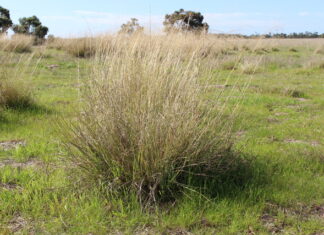Des Noll, Wattle Range Mayor
YOU cannot turn on the radio, the television or the internet without hearing about the physical and economic risks associated with the COVID-19 pandemic.
Most of the world’s governments have now put social restrictions in place to slow the spread of the virus and the human race is slowly withdrawing to the safety of our homes.
While these restrictions are necessary, I worry about the emerging mental health risks to our community.
We are all social animals and we do not tend to cope very well when we live apart from each other.
Unfortunately, our mental health professionals are predicting a significant increase in mental health issues, suicide rates and domestic violence as a result of this pandemic and we need to do everything we can as a community to support those in need.
As a former police officer, Lifeline consultant and now suicide prevention advocate, I have observed more than my fair share of mental health issues over the years.
As a community leader, I have already stated that domestic violence is not an option and will not be tolerated in any form, however, we all have an important role to play with these delicate issues.
Now more than ever, we need to stay connected, talk to each other, listen to each other and most importantly see each other.
While we will all be isolated in our homes, most of us now have the ability to use the internet and modern video conferencing systems to our advantage.
Whether it be Facetime, Teams, Zoom, Skype, House Party or a myriad of other systems, we can all keep in touch with each other like never before.
Most of us have this technology on our mobile phones and most of the apps are free.
I encourage you to look at these systems if you have not done so already, as the ability to read each other’s body language through face to face conversations is a vitally important part of how we communicate.
It helps us interpret each other’s moods and intentions rather than just relying on words or verbal tones.
The animal kingdom largely relies on body language to communicate and we are no different.
So, I encourage you to stay in touch with your neighbours, your friends and your family more than you have ever done so before.
Write them letters, ring them up or if you can video conference with them.
Ask them how they are coping, lend them your ear and give them a reassuring smile.
If we do more of this as a community, I am confident that we can have a real and positive impact on the mental health risks associated with this pandemic.
Des Noll, Wattle Range Mayor







